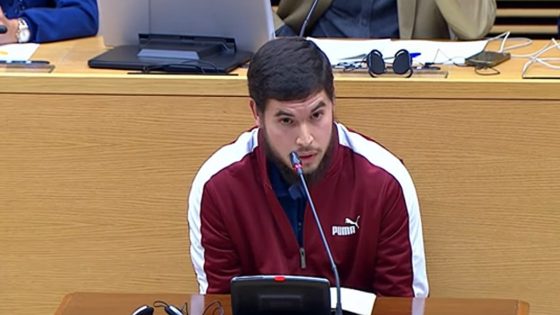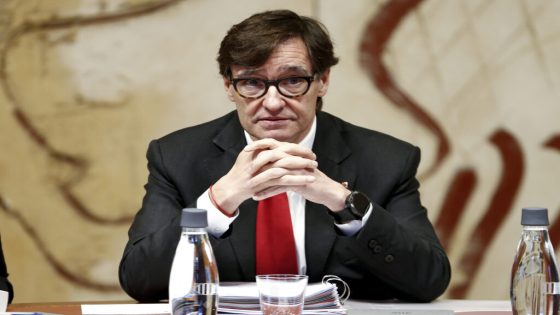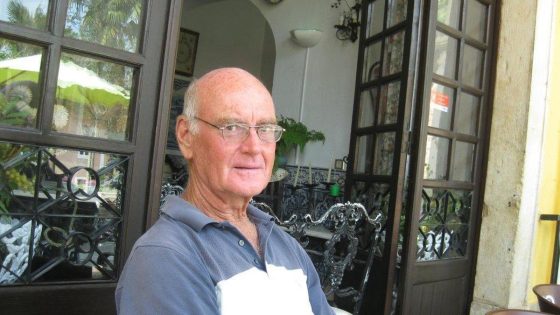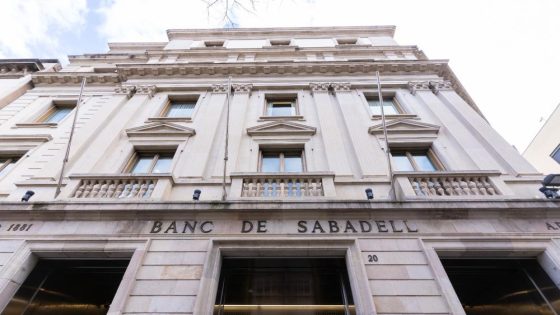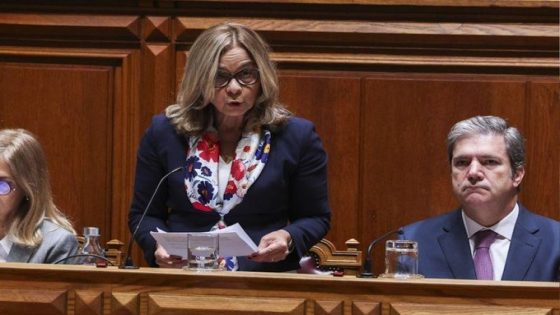On February 13, 2025, Mohamed Houli, sentenced to over 40 years for his role in the 2017 Barcelona attacks, claimed the Spanish intelligence agency (CNI) was aware of Imam Abdelbaki es-Satty’s intentions. Why did the CNI allow es-Satty to operate freely? Houli’s statements during a congressional investigation have raised serious questions about security oversight in Spain.
- Mohamed Houli claims CNI knew imam's intentions.
- He felt compelled to testify due to condemnation.
- Houli denies having plans to attack Sagrada Família.
- He describes his group as "well-integrated boys."
- PP deputies left the investigation commission early.
- Criticism of Houli's presence by PP representative.
Did the CNI Overlook Warning Signs Before the 2017 Attacks?
Houli’s testimony suggests that the CNI had prior knowledge of the threats posed by es-Satty. What implications does this have for Spain’s intelligence operations? His claims indicate a possible lapse in monitoring individuals who could pose a risk, calling for a thorough investigation into the CNI’s actions.
Implications of Houli’s Testimony on Spain’s Intelligence Community
Houli’s statements have sparked a debate about the effectiveness of Spain’s intelligence services. His assertion that the CNI was aware of es-Satty’s intentions but failed to act raises critical questions about accountability and operational procedures. This situation underscores the need for transparency in intelligence operations.
Key Points from Houli’s Testimony on CNI Awareness
During his testimony, Houli made several notable claims regarding the CNI’s knowledge:
- The CNI was aware of Imam es-Satty’s plans.
- Houli felt compelled to speak out due to his current sentencing.
- He emphasized the need to identify those responsible for monitoring es-Satty.
- Houli expressed regret over the tragic outcomes of the attacks.
What Does This Mean for Spain’s National Security?
This revelation could lead to increased scrutiny of Spain’s intelligence practices. If the CNI indeed had prior knowledge, it raises concerns about their ability to prevent future attacks. The implications extend beyond Spain, affecting international counterterrorism strategies and cooperation.
Public Reaction and Political Fallout
The political landscape in Spain may shift as a result of Houli’s claims. The opposition has already criticized the government for potential intelligence failures. Public trust in security agencies could wane, prompting calls for reforms and greater oversight.



